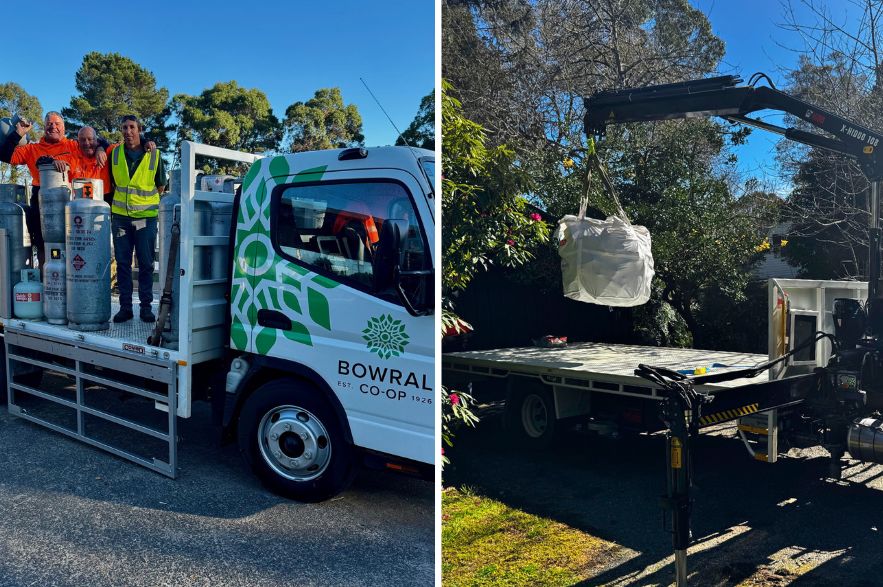By Will Black, Agronomist
Most of us have heard the phrase, ‘you can’t manage what you can’t measure’.
Typically used in business circles, the same philosophy can be applied to managing soil fertility and making fertiliser decisions.
Without an understanding of a soil’s physical and chemical properties it’s impossible to develop a fertiliser program that maximises production and your return on investment.
Conducting regular soil tests is not just a good practice, it’s increasingly a necessity in our region for several reasons.
pH optimisation
The pH level of the soil significantly influences both nutrient availability and microbial activity. Many of our soils are acidic in nature which reduces the availability of phosphorus, potassium, sulphur, and increases the availability of aluminium and manganese to toxic levels.
A soil test determines the exact pH status of your soil. This allows you to determine if liming is required, and calculate the precise amount of lime you need to apply to raise soil pH to the desired level to create ideal growing conditions for your pasture or crop.
Macro-nutrient management
Soil testing is the most accurate method available to determine the nutrient composition of your soil. It reveals the current status of key macro-nutrients including phosphorus, sulphur, and potassium in our soils that support productive pasture systems.
Having a measurement of current fertility levels lets us determine both the right type, and the right amount of fertiliser to apply. This targeted approach not only ensures crops receive the nutrients at the right time to optimise production, but also prevents the wastage of money on unnecessary fertiliser application at inappropriate times.
Long-term soil health
Regular soil testing allows you to monitor the health of your soil over time. This ongoing awareness helps you make informed decisions that address immediate agricultural needs and also contribute to your long-term productivity and sustainability.
Environmental considerations
Increasingly we use soil tests to help prevent the over-application of fertilisers, which can lead to unintended environmental impacts. By using fertilisers more efficiently, you are saving costs and ensuring you are protecting your local agricultural ecosystems.
Developing a soil testing program
A soil testing program is a must if you’d like to make informed nutrient management decisions to optimise your productivity and sustainability. You should aim to test each paddock every five years. Ideally you should test at the same time of each year to enable accurate monitoring of long-term trends.
To implement a soil testing program, arrange your on-farm soil testing today by contacting Farm Services team at the Co-op.





